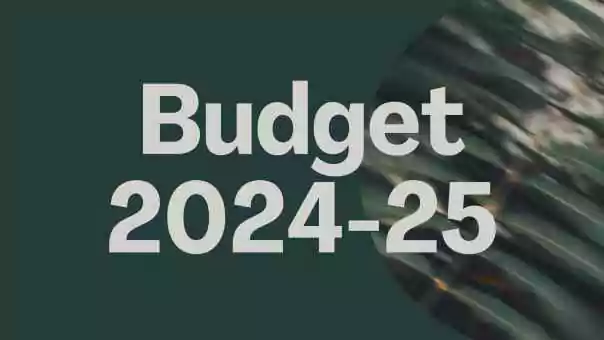The Minister of State for Finance, Revenue, and Power Division, Ali Pervaiz Malik, announced on Sunday that the upcoming budget is designed to protect the salaried class, particularly those in the lower income bracket.
Speaking to a private news channel, Malik emphasized the government’s commitment to shielding the middle and lower classes in the 2024 budget.
According to Malik, the government is prioritizing efforts to reduce the taxation burden on these groups, in line with directives from the prime minister. Highlighting several key initiatives, Malik revealed that households using less than 200 units of electricity would be exempted from the power tax. This measure aims to alleviate the financial pressure on low-income families who are struggling with rising utility costs.
Additionally, the minister announced an increased allocation of resources within the Benazir Income Support Programme (BISP), aimed at providing more substantial support to the needy. “We must decide which segment to protect, which to document, and where to implement taxation measures. Each section of society should contribute fairly according to its share,” he stated, underscoring the government’s strategy of equitable fiscal responsibility.
In his remarks, the minister outlined the government’s broader goals of maximizing tax collection while ensuring fairness. The Federal Board of Revenue (FBR) has recorded a revenue increase of 30% over the past year, a trend the government intends to continue. A key component of this strategy is to bring all forms of income under the tax net, eliminating exemptions and expanding the tax base.
To achieve these goals, the government plans to crack down on tax evaders by leveraging lifestyle data to enforce compliance. Malik highlighted that severe penalties would be imposed for tax non-compliance, and measures would be taken to prevent individuals from becoming non-filers after a single transaction. This approach aims to foster a culture of consistent tax compliance and accountability.
The minister also stressed the importance of a national fiscal pact, urging provinces to take on greater responsibility for revenue collection and expenditure reduction. He noted that the federal government currently shoulders the majority of expenditures, making it imperative for provinces to contribute more actively to the nation’s fiscal health.
In a critical evaluation of the previous administration, Malik accused the government under Imran Khan of damaging Pakistan’s relationship with the International Monetary Fund (IMF). He asserted that the Imran Khan government had undermined trust with the IMF by offering unfunded fuel subsidies, which led to financial instability. “Sowing the seeds of mistrust between the IMF and Pakistan was the foundation of the Imran government,” Malik remarked, highlighting the challenges the current administration faces in rebuilding this crucial relationship.
As the government prepares to unveil the new budget, these initiatives reflect a concerted effort to balance fiscal responsibility with social equity. By focusing on protecting the salaried class and expanding the tax base, the administration aims to foster a more inclusive and sustainable economic future for Pakistan.
